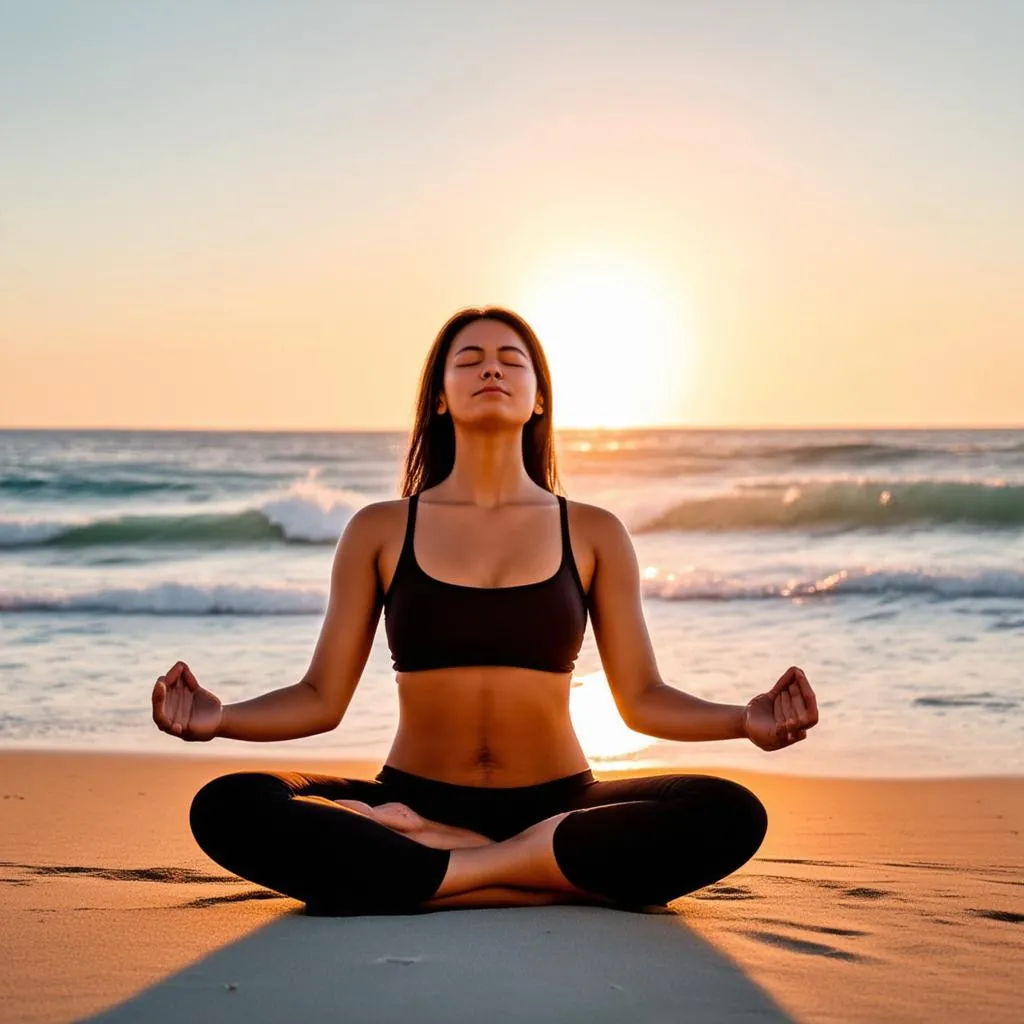Have you ever felt your heart race at the thought of boarding a plane? Do crowded tourist spots make you want to retreat? You’re not alone. Many individuals experience travel anxiety, and for some, it’s intertwined with deeper struggles like depression. While the allure of exploring exotic locales like the bustling night markets of Bangkok or the serene temples of Kyoto is undeniable, the fear of the unknown can be paralyzing.
Understanding the Link Between Anxiety, Depression, and Travel Fear
Travel, while exciting, disrupts our routines and thrusts us into unfamiliar environments. For someone battling anxiety or depression, this can be overwhelming.
Factors that Contribute to Travel Fear:
- Fear of the Unknown: Uncertainty about accommodation, food, or language barriers can trigger anxiety.
- Loss of Control: Feeling like you’re not in control of your surroundings or itinerary can be unsettling.
- Social Anxiety: Interacting with strangers, navigating public transportation, or dining alone can be daunting.
- Past Negative Experiences: A previous bad travel experience, like a missed flight or illness, can lead to apprehension.
- Depression Symptoms: Low mood, lack of motivation, and fatigue associated with depression can make the idea of travel unappealing.
“Travel anxiety often stems from a fear of the unknown,” says Dr. Sarah Miller, author of “Overcoming Travel Fears”. “By understanding the root cause of this fear, individuals can begin to address it and reclaim their joy of travel.”
Tips for Managing Travel Anxiety and Depression
1. Plan and Prepare:
- Detailed Itinerary: Create a structured itinerary with details about flights, accommodations, and activities. This can instill a sense of control.
- Research Your Destination: Familiarize yourself with the local customs, currency exchange rates, and transportation options to minimize surprises.
- Pack Smart: Pack familiar comforts like your favorite snacks, a cozy blanket, or noise-canceling headphones.
2. Seek Professional Help:
If anxiety or depression symptoms are severe, consult a therapist or psychiatrist. Therapy can provide coping mechanisms and strategies to manage travel-related stress.
3. Start Small:
- Short Trips: Begin with short trips close to home to build confidence. Gradually increase the distance and duration of your travels.
- Familiar Destinations: Revisit a place you’ve enjoyed before. Familiarity can reduce anxiety.
4. Practice Mindfulness:
- Deep Breathing: Engage in deep breathing exercises to calm your nerves, especially during moments of heightened anxiety.
- Meditation Apps: Utilize meditation apps like Headspace or Calm to manage stress and anxiety while on the go.
 woman meditating
woman meditating
5. Travel with a Companion:
- Shared Experience: Traveling with a trusted friend or family member can provide emotional support and reduce feelings of isolation.
- Shared Responsibilities: Sharing travel planning and logistics can alleviate stress.
Turning Anxiety into Adventure: Embracing the Journey
Remember, traveling is about embracing new experiences and expanding your horizons. While anxiety and depression can make it challenging, it doesn’t have to define your travel experiences.
Here’s a tip from the ancient practice of Feng Shui: Before embarking on a journey, declutter your home. This act symbolizes clearing out mental and emotional baggage, allowing for a fresh start.
Don’t let fear hold you back from exploring the world! Resources like those offered by travelcar.edu.vn can equip you with the knowledge and tools to plan safe and enjoyable trips.
FAQs about Travel Anxiety and Depression:
Q: Is it normal to feel anxious before a trip?
A: Yes, it’s perfectly normal to experience pre-trip jitters. However, if anxiety is persistent and interfering with your daily life, it’s crucial to seek professional help.
Q: How can I cope with panic attacks while traveling?
A: Having a plan in place is essential. Carry a “calm kit” with items like stress balls, essential oils, or calming music. Practice deep breathing exercises and seek a quiet space if needed.
Q: What are some travel destinations known for their calming atmosphere?
A: Consider destinations renowned for their tranquility, such as:
- The serene beaches of Bali, Indonesia, where you can practice yoga amidst breathtaking natural beauty.
- The peaceful temples of Kyoto, Japan, offering a sense of serenity and spiritual reflection.
- The picturesque landscapes of the Swiss Alps, where you can reconnect with nature and enjoy fresh mountain air.
 kyoto temple
kyoto temple
For more travel tips and resources, visit travelcar.edu.vn.
Conclusion:
Traveling with anxiety and depression is possible. By understanding the root causes, implementing coping mechanisms, and seeking professional support when needed, you can transform fear into adventure and embrace the transformative power of travel.